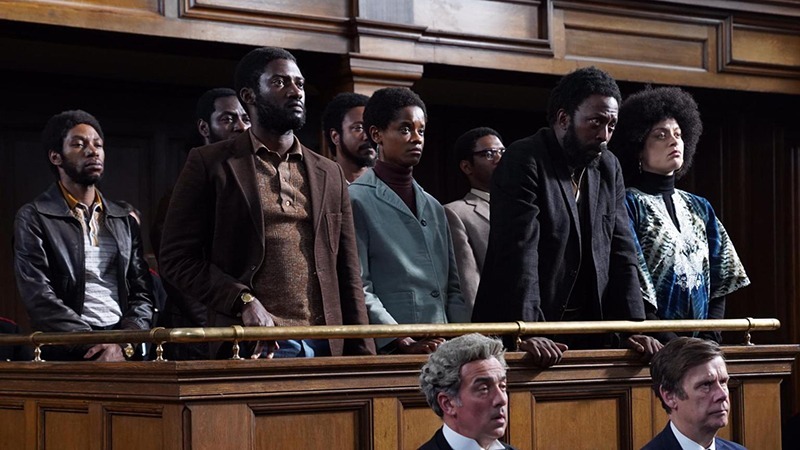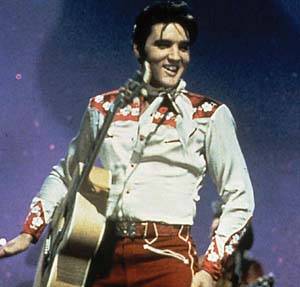
I’m standing on the deck of the new Royal Navy aircraft carrier HMS Queen Elizabeth, looking down at a remarkable view. I can see the multi-decked black and gold hull of Nelson’s ship HMS Victory, standing high in Portsmouth’s historic Naval Dockyard. Even across 200 years you can see the connection between these two vessels – both, in their own eras, absolute cutting-edge feats of engineering.
Another perspective comes unexpectedly at dinner in the officers’ mess to commemorate Trafalgar Day: the anniversary of Vice-Admiral Nelson’s victory over the French and Spanish fleets in 1805. This year is a modest, socially distanced affair, without the usual swagger of its full rituals. But the toast to Nelson is always a simple one, focused on the dead: “The Immortal Memory of Lord Nelson and those who fell with him”. It’s the only toast taken in silence and, even for those otherwise uncomfortable with the pomp of military displays, a moving reminder of those unfamous men who died. Amid the current interest, led by some politicians, in provoking a culture war over contested history (and Nelson is very contested), the simple commemoration at the heart of the Royal Navy’s Trafalgar Day was a useful reminder of the need to go to the source of traditions and examine what really lies there. It is possible to respect the heroic human loss while still confronting concerns about Nelson’s connection to slavery.
Steve McQueen’s Small Axe film anthology for the BBC is a collection of previously untold histories – not “black British history”, as he says himself, but “British history”. The first, Mangrove, airing from November, recounts the trial of nine men and women charged with incitement to riot in 1970, following a protest against police targeting of the Mangrove restaurant in Notting Hill. Shot documentary style, the film evokes the unique West Indian character of the area, where intellectuals like C. L. R. James, author of Black Jacobins, debated colonial history, while fighting to protect a restaurant at the heart of their community. When they finally launch an angry protest march, carrying – it’s shocking to see it – a real pig’s head to police headquarters, they are met with violence.
The Mangrove Nine faced a possible ten-year sentence. We see the angry courtroom exchanges, where the arrogance of the judge, barristers and mendacious officers was challenged and finally led to surprise landmark acquittals by the mostly white jury. Alongside the fight for justice, there is celebratory beauty: McQueen gives us long takes of friends and activists, including their white allies, drinking and dancing with joy.
Mangrove shows the political fierceness of its heroes and the personal risks they faced. Altheia Jones-LeCointe, leader of the British Black Panther movement, was pregnant during her trial. Both she and Darcus Howe, the broadcaster and campaigner, insisted on representing themselves. Jones-LeCointe carried the anguish of knowing her child might be taken into care if she was convicted.
The Mangrove Nine were very aware of the historical importance of their fight; of what it meant to other black Britons to defy the false accusations, rather than bow to the pressure to plead guilty and secure a lesser sentence.
The battle between the personal and the political emerges in unexpected places. Rapper Tupac Shakur, himself the son of a Black Panther activist, wrote movingly to a former white girlfriend in 1995 explaining why he felt his racial responsibility meant they could not continue their relationship. That partner was Madonna, whose entire career has been marred by relatives and work associates selling stories to monetise their connection. The letter, written from prison, first came to public attention when it was put up for auction in 2017 through her former assistant. Madonna temporarily won a court order to block the sale on grounds of privacy. That ruling was subsequently overturned and the auction went ahead last year.
So it feels right that Madonna will make a film of her own life, which looks set to be under her control. Much excitement greeted the announcement that she will be producing and co-writing the biopic, along with Oscar-winning screenwriter Diablo Cody, of Juno and Young Adult fame, part of an all-female writing and directing team. It will not be impartial. It will be, in every sense, Herstory.
There might not seem to be much linking British naval history, racial injustice and women in music. But in each case, remembrance matters. We need to tell old or hidden stories, in new ways, to fill the gaps and challenge official versions of history.
This article is from the New Humanist winter 2020 edition. Subscribe today.

